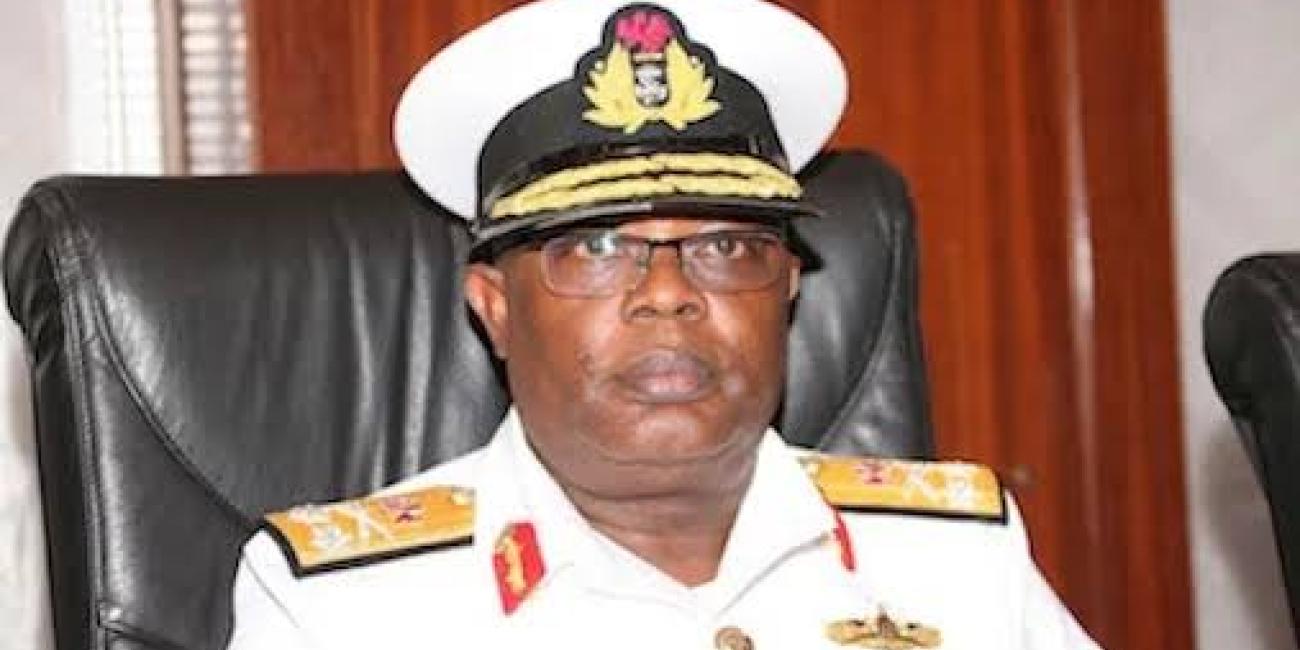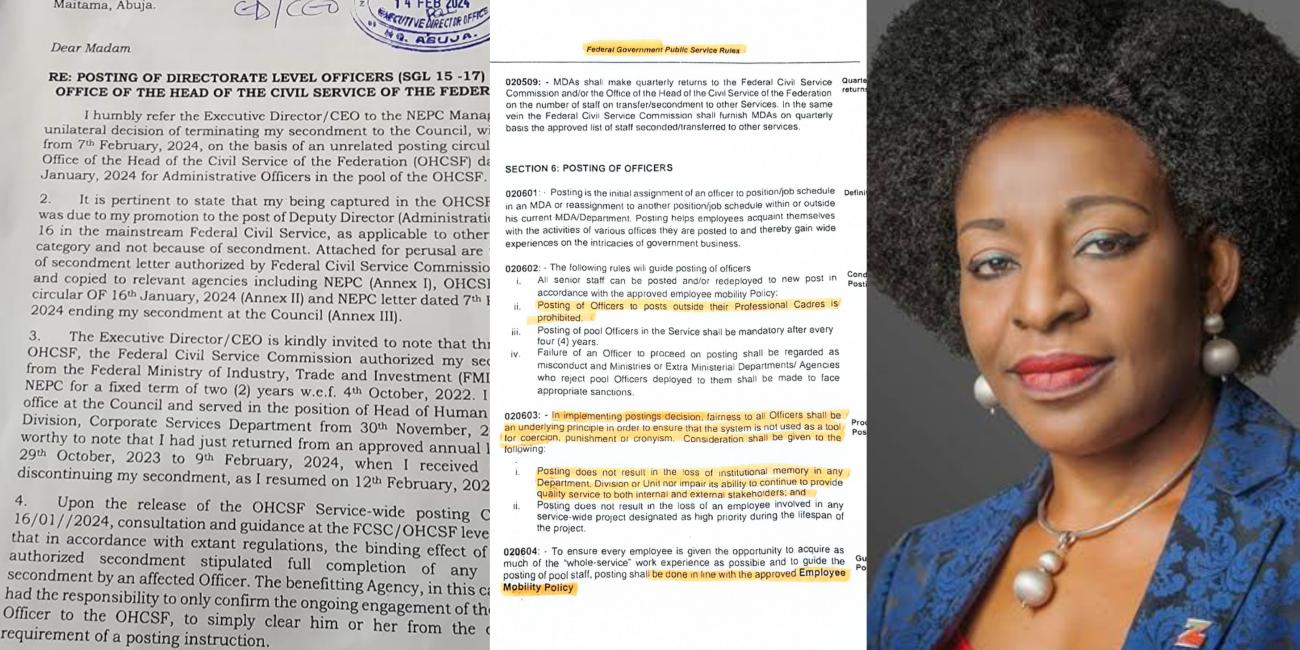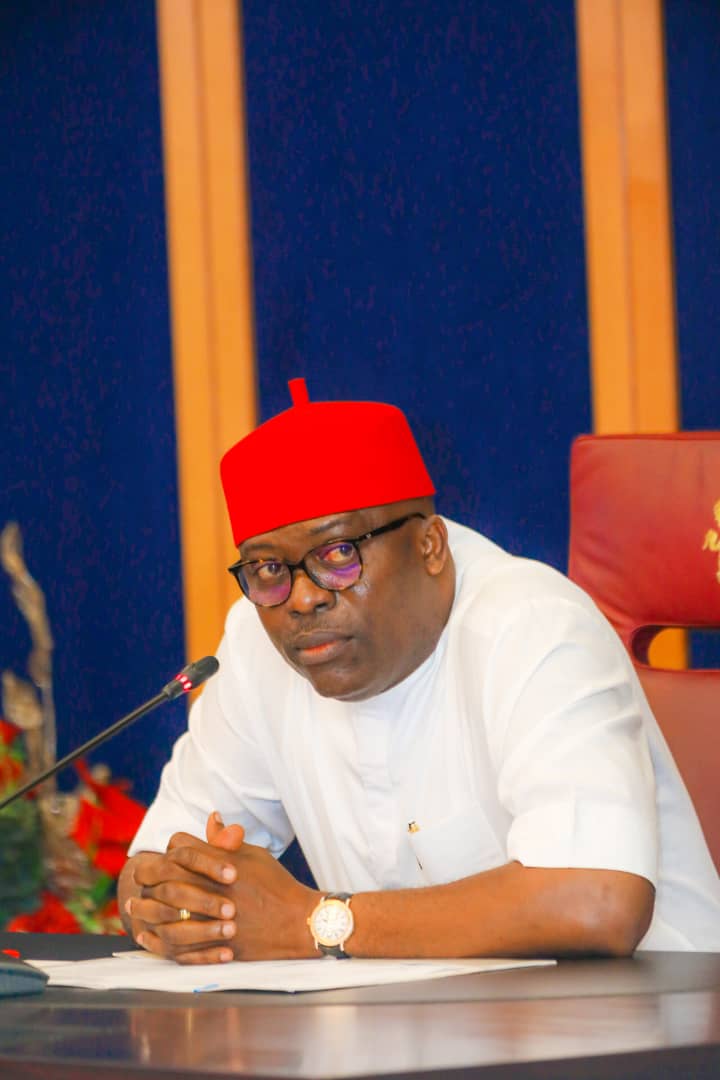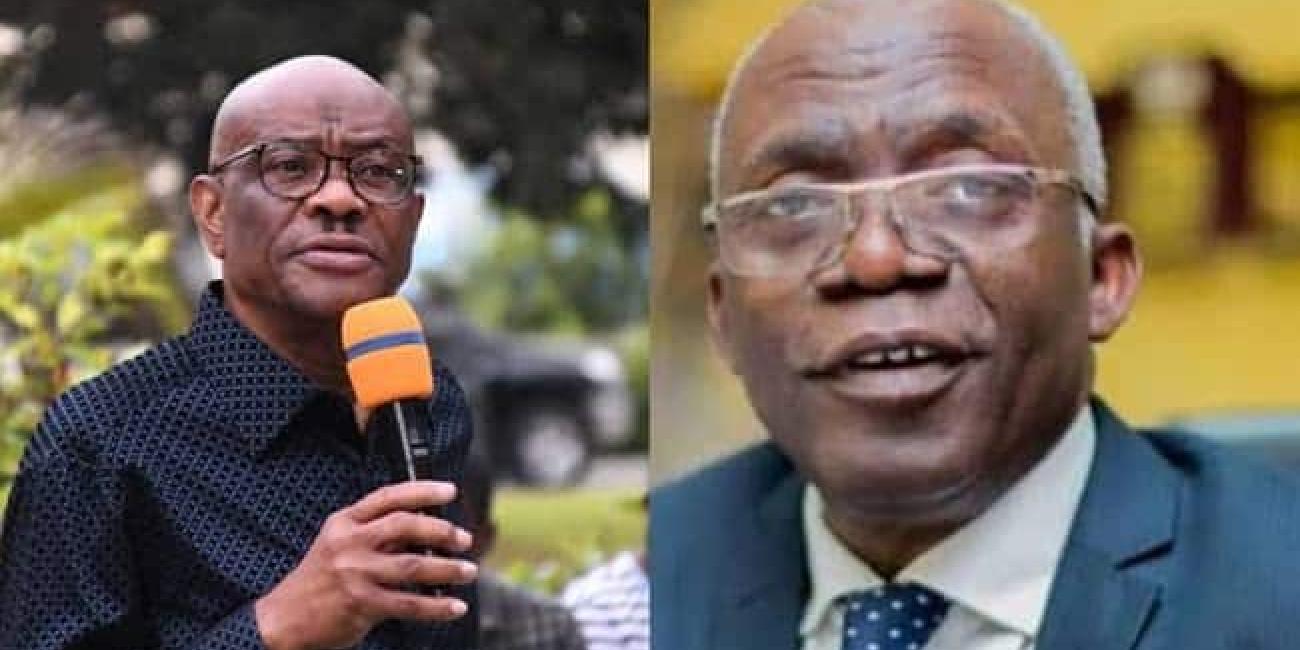The political tension in Rivers State deepened this week as Vice Admiral Ibok-Ete Ibas (retd), the controversial Sole Administrator of the state, once again failed to honour a crucial summons by the House of Representatives Ad-Hoc Committee overseeing Rivers State.
Despite being physically present in Abuja for the National Economic Council meeting at the Presidential Villa, Ibas was notably absent from a long-anticipated interactive session scheduled for Thursday, April 24 — a meeting that had already been rescheduled at his own request.
The no-show has triggered widespread speculation and frustration within the political class and among citizens following the increasingly opaque governance structure in Rivers since Ibas was appointed Sole Administrator.
The Ad-Hoc Committee, inaugurated on April 15, 2025, by Speaker Tajudeen Abbas, was tasked with probing the unfolding political and administrative climate in the state. The session was expected to shed light on critical decisions, power dynamics, and alleged constitutional anomalies since Ibas assumed unilateral control of Rivers State’s governance.
However, the administrator’s continued absence has cast a shadow over the process, fueling suspicion about the true state of affairs in the oil-rich state. What began as a routine oversight exercise is fast evolving into a constitutional standoff.
Sources close to the National Assembly say it remains unclear whether a formal invitation was officially received or acknowledged by the embattled administrator, raising further questions about possible institutional defiance or bureaucratic sabotage.
Tension rose as lawmakers and journalists waited for hours inside Committee Room 301 of the National Assembly Complex, only to watch members of the Ad-Hoc Committee, led by Rep. Julius Ihonvbere, file out silently. When pressed for answers, Ihonvbere simply stated, “No comment.”
With the session now postponed indefinitely, and no clear explanation for Ibas’s absence, critics are calling the situation a crisis of accountability. Activists and opposition figures have accused the Rivers State leadership of evading scrutiny and undermining democratic norms.
“The people of Rivers State deserve answers. This silence is dangerous,” said a senior official familiar with the committee’s work, speaking anonymously.
Observers say the unfolding drama could have far-reaching implications for federal-state relations and set a precedent for how far-appointed administrators can operate without legislative oversight.
As the nation watches, one thing is clear: the silence from Rivers’ top administrator is beginning to speak louder than any official statement ever could.





